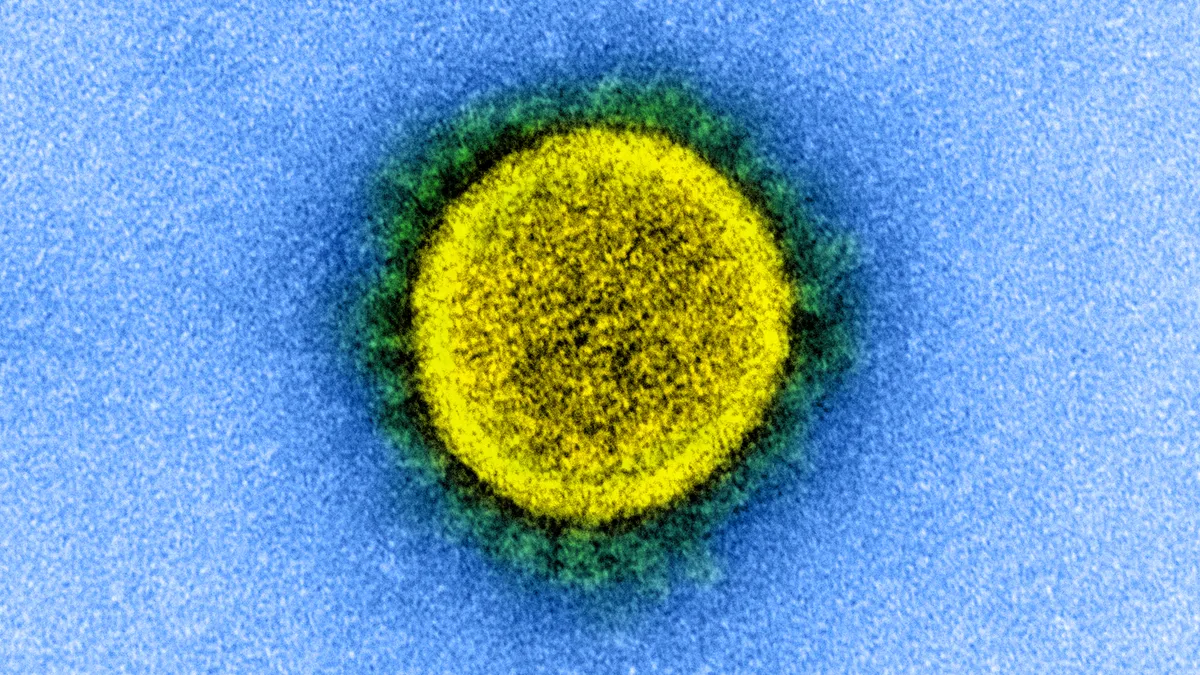Dive Brief:
- FDA has ordered manufacturers of COVID-19 tests to assess the impact of SARS-CoV-2 viral mutations on the performance of their products.
- The request, which applies to molecular, antigen and serology tests, is part of a set of extra conditions of authorization for coronavirus tests cleared for emergency use in the U.S.
- FDA's order comes amid renewed focus on COVID-19 testing that has seen manufacturers add capacity and land contracts with the federal government worth more than $1 billion.
Dive Insight:
FDA released guidance on how to assess the impact of coronavirus mutations on test performance early this year as the effect of the variant now known as alpha on some products became clear. The latest FDA update formalizes the earlier recommendation for manufacturers to assess the impact of variants by making the evaluations a condition of emergency use authorization.
The new EUA conditions require manufacturers to evaluate the impact of viral mutations on their tests on "an ongoing basis."
Manufacturers must include any additional data analysis requested by FDA and be prepared to submit records of their assessments to the agency within 48 hours of being asked to do so. The agency also expects manufacturers to update their labeling within seven days of the identification of additional risk mitigations covering the impact of mutations on test performance.
All manufacturers now need to update their labels with information provided by FDA in the updated EUA conditions within three months. The updates add a caveat that "clinical performance has not been established with all circulating variants" to authorized labeling and healthcare provider fact sheets.
Thermo Fisher Scientific said last month FDA granted emergency use authorization for two COVID-19 assays designed to "compensate" for current mutations and emerging SARS-CoV-2 variants. FDA in January first reported PCR tests from Applied DNA Sciences, Mesa Biotech and Thermo Fisher may be affected by variants but said the impact does not appear to be significant, later adding Cepheid products.
Manufacturers will need to comply with the latest FDA requirements while continuing to adapt to a changed testing environment. The bottom fell out of the market for COVID-19 tests, notably rapid antigen kits, earlier this year but demand roared back as delta took hold in the U.S., leading to a series of steps to boost supply.
The Biden administration remains under pressure to expand access to rapid COVID-19 tests despite the president vowing to spend $2 billion to make 280 million kits available to vulnerable populations.
Over the past week, the U.S. government has ordered more than $1 billion worth of rapid tests from Abbott Laboratories and Celltrion, and the Department of Defense has awarded $647 million to a handful of suppliers of over-the-counter kits, including Quidel and OraSure Technologies. The DoD contracts cover 60 million tests that will be delivered from October to September 2022.
However, test manufacturers warn that the U.S. is still weeks, if not months, away from the kind of ramp-up in manufacturing needed to meet Biden's plan for mass-scale rapid COVID-19 testing.











